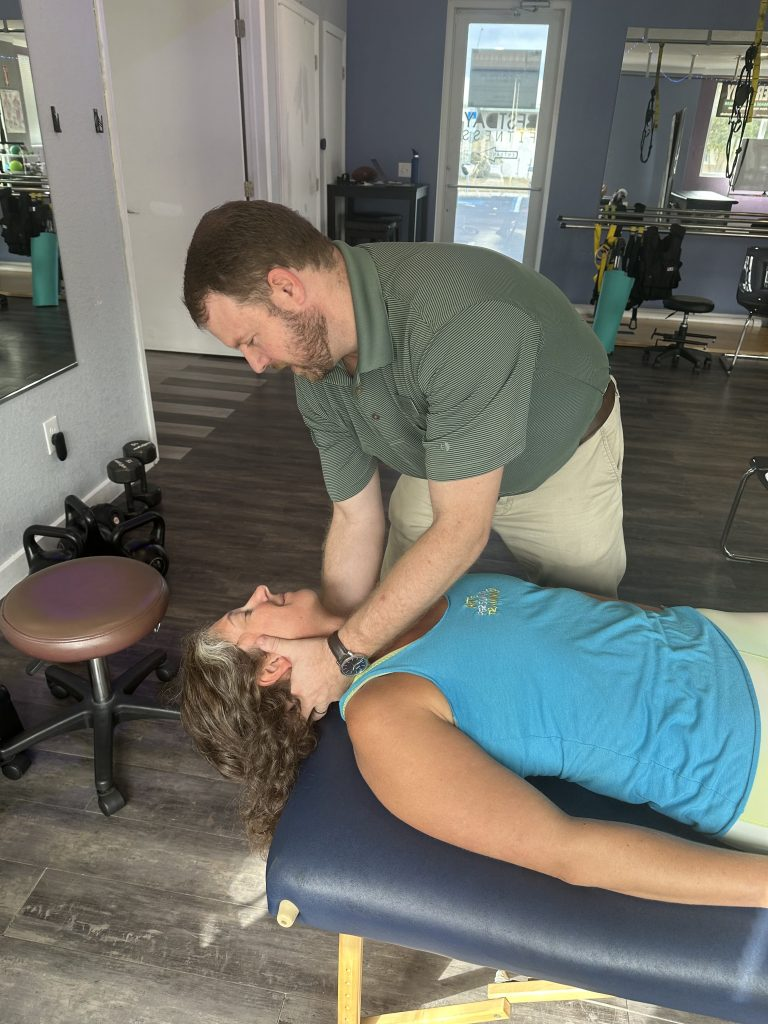What is Benign paroxysmal positional vertigo (BPPV)?
BPPV is a condition caused by otoliths (small calcium crystals) becoming dislodged and falling into a set of structures called our semicircular canals. These canals are made of a thick fluid and this fluid is responsible for detecting movement of our head and body against gravity. When these crystals are in the canals, this causes the fluid to not move normally, which causes a mismatch between the vestibular system and other systems of the body, causing dizziness.
What causes BPPV?
For most people (around 50%), BPPV occurs without a specific cause. There seems to be a correlation between increasing age and instances of BPPV. As far as known causes, the most common ones are following a hit to the head, ear infection, and systemic fever.
What are the symptoms of BPPV?
Patients suffering from BPPV symptoms typically experience vertigo/dizziness (sensation of spinning), usually lasting several seconds, but can last for up to a minute. This vertigo usually occurs when lying down or rolling over in bed, or when moving your head up and down, such as washing your hair or tying your shoes. You may also experience some nausea, vomiting, or sweating when the spinning occurs.
How is BPPV treated?

If after your exam, your vestibular physical therapist at Neubility Rehabilitation and Wellness determines that your condition is BPPV, treatment is started immediately. Treatment consists of a series of head and neck movements called canalith repositioning maneuvers (Epley is a specific maneuver you may have heard before). With the correct maneuver, symptoms usually resolve within a few treatments, with most resolution occurring during the first treatment.
What are some complications and what outcomes can I expect following BPPV treatment?
For most people, their symptoms will be completely resolved within a few sessions. However, around 50% of patients do have a recurrence of BPPV, typically within 3 months. While the previous maneuver used may help in these cases, the crystals could be in a different canal, requiring a different maneuver. It’s always a good idea to contact your PT if recurrence happens.
For a small number of patients, they may develop BPPV in addition to another vestibular issue. In this case, the patient may have their BPPV issue resolved, but still complain of dizziness. Your physical therapist will be able to tell you if this is the case and will plan your vestibular treatment accordingly.
If you are experiencing dizziness and spinning sensation, contact our physical therapists at our Pinellas Park location for an assessment.


